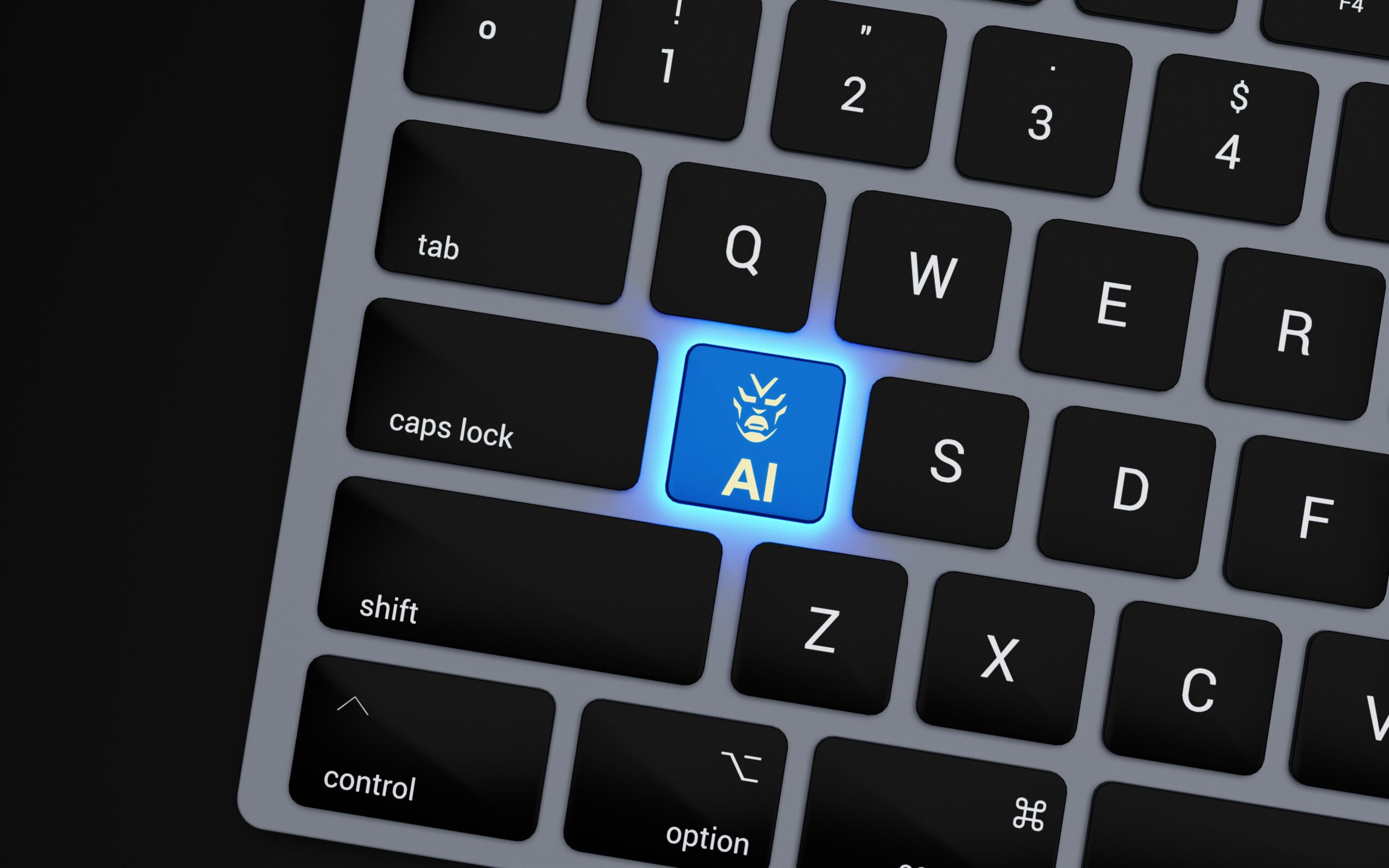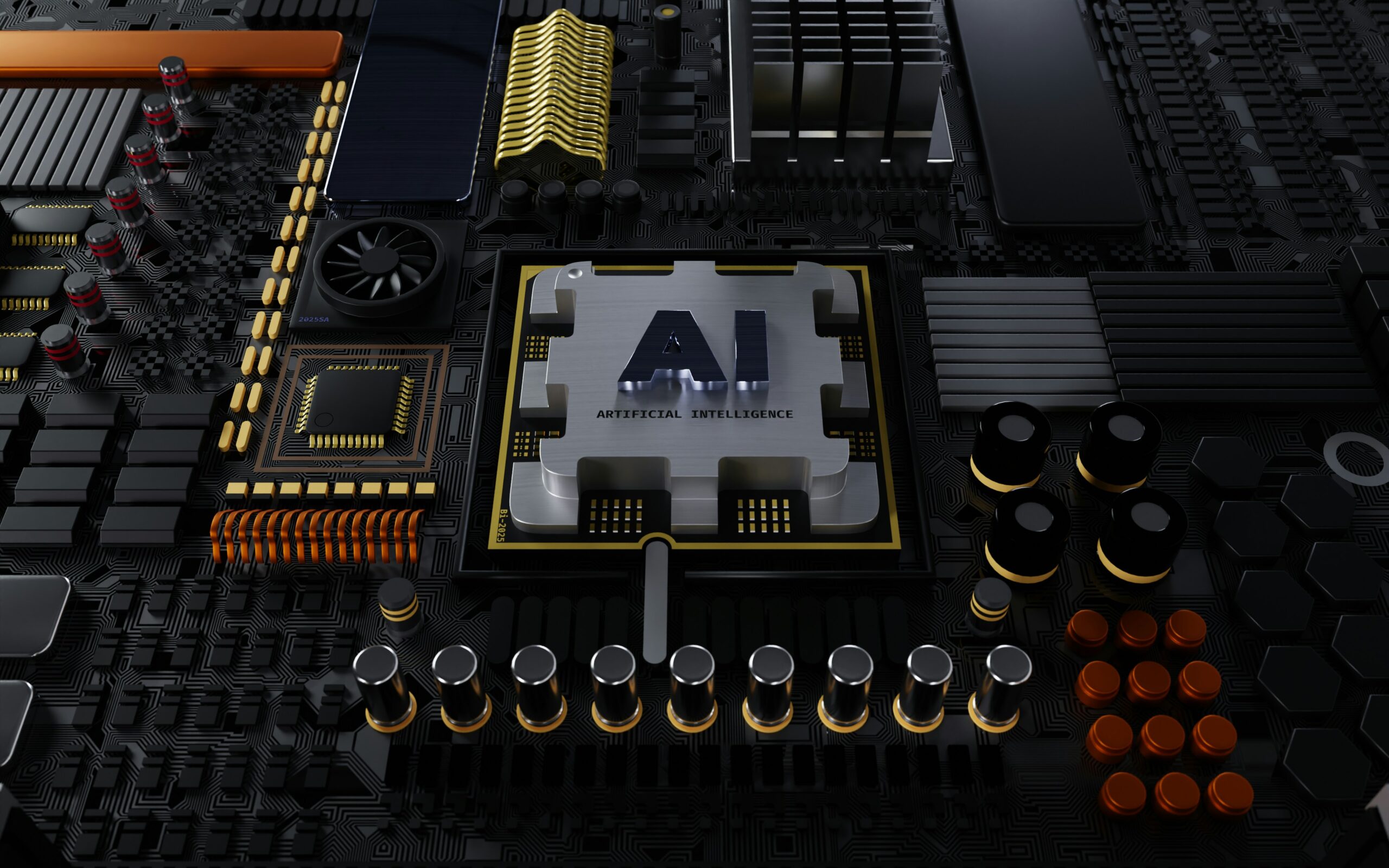Image credit: Pexels
Artificial intelligence (AI) is changing business intelligence (BI). The result? Organizations now have new and vastly improved ways to analyze data and make decisions.
By automating complex analytics, AI-powered tools are providing actionable insights with more speed and accuracy than ever before. Not only is this shift changing business operations—it’s also redefining employee roles and enhancing leadership strategies.
Companies navigating this transformation face two sides of the coin: the opportunity to optimize performance and the challenge to use these advanced tools responsibly. Experts agree that AI in business intelligence has fundamentally altered the way businesses operate by allowing them to make smarter, faster decisions.
AI in Business Intelligence Today
AI-driven tools in business intelligence are now essential across most industries. They empower organizations to predict trends. They also allow them to make real-time data-driven decisions. Finally, companies increasingly make data insights accessible to non-technical users by embedding automation, machine learning, and natural language processing.
Here are some recent examples of this forward-looking technology in action:
- Microsoft Power BI with Azure AI: Companies predict customer behavior and optimize supply chains by integrating anomaly detection, sentiment analysis, and predictive modeling.
- Tableau with Einstein Analytics: Tableau’s AI tools automate complex analytics and enhance data discovery. Retailers such as L’Oréal use these insights to create more personalized recommendations and improve supply chain efficiency.
- IBM Watson Analytics: Coca-Cola leverages Watson to analyze customer preferences and optimize real-time distribution.
- Amazon’s AI Tools: Amazon boosts customer satisfaction and operational efficiency by analyzing purchasing behavior to craft highly personalized recommendations.
- Uber’s Predictive analytics: Uber improves profitability and customer experience by using AI-enhanced BI to optimize pricing, routing, and driver dispatch.
Integrating generative AI, such as large language models (LLMs), further enhances BI by democratizing access to insights. As a result, users can describe data needs in plain language and quickly receive actionable insights.
Implications for Employees
AI-powered BI tools are reshaping organizational roles. Thanks to intelligent systems for analytics, knowledge workers now have more time for interpretation and action. Employees who want to thrive must improve on some of the most cherished business skills: critical thinking, problem-solving, and data storytelling.
Industry leaders insist that being able to translate data insights into efficient business action is now crucial. As AI evolves, workers who can bridge the gap between business and technology will remain essential.
Challenges and Opportunities for Leaders
Business leaders face both challenges and opportunities with AI-powered BI. They’re able to make informed decisions, due mainly to advanced tools that offer unprecedented visibility into customer behavior and company performance. However, planning remains critical as leaders integrate these complex systems.
Some of the most daunting challenges facing business leaders include:
- Data Quality and Governance: Leaders must ensure high-quality data underpins AI systems and establish frameworks to manage its use.
- Upskilling the Workforce: Organizations must have access to robust training programs that help employees learn how to effectively use AI tools.
- Ethical Considerations: As AI becomes increasingly autonomous, leaders must implement safeguards that protect company values and privacy standards.
Transforming Business Operations
Organizations that embrace AI-powered BI gain competitive advantages. Data-driven decisions lead to the holy grails of business: improved customer experiences, optimized operations, and enhanced innovation.
As for companies that fail to adopt these tools? They risk falling behind their competitors.
Some tried and true strategies for success include:
- Assessing current BI maturity and identifying opportunities to integrate AI.
- Investing in upskilling initiatives to build AI literacy.
- Developing governance frameworks to ensure the ethical use of AI.
- Monitoring advancements to consistently refine BI strategies.
Industry analysts assert that legacy BI tools cannot compete with newer, more high-powered AI technology. Therefore, companies must remain agile to keep pace.
The Future of Business Intelligence
As AI-powered BI evolves, several emerging technologies will further enhance capabilities. As BI systems become more autonomous, they’ll be able to identify patterns, generate hypotheses, and recommend actions—all with minimal human intervention.
This evolution will spawn new challenges, including AI bias and ensuring transparency. Businesses must spend time and money to develop governance frameworks to effectively—and ethically—navigate these challenges.
For those who use BI tools thoughtfully and create an environment in which AI and human creativity can work together (known as augmented intelligence), a world of potential awaits.















































































































































